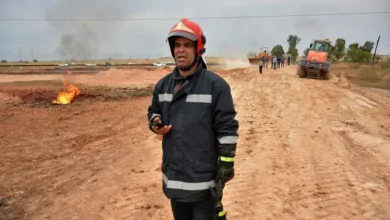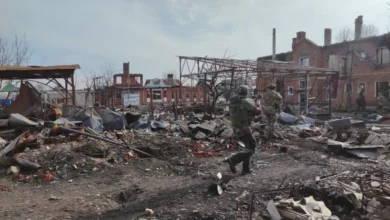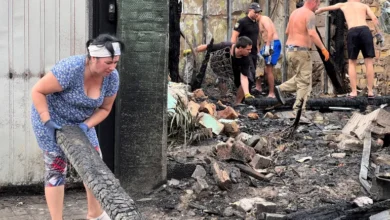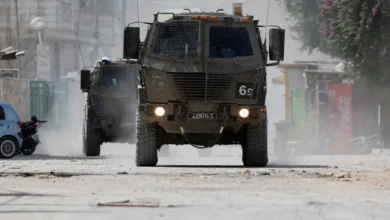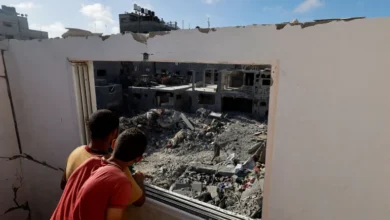‘Half the city underwater’: One million affected by northern Nigeria floods
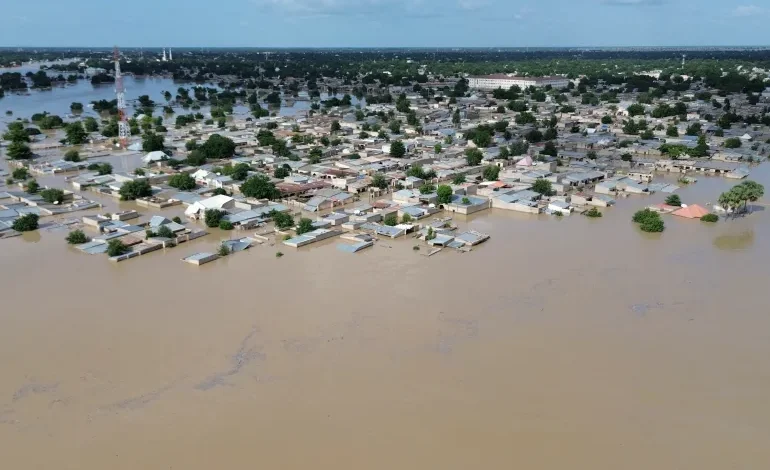
Devastating floods in northeastern Nigeria have submerged entire residential areas, displaced tens of thousands of people, and forced zoo animals to escape into the streets.
At least 30 people have died in the floods, officials said. However, the death toll is likely to rise as authorities are still scrambling to rescue thousands of others feared trapped in their homes.
The floods hit Borno State early this week after a dam impounding a regional river burst its banks. The heavy surge of water buried half the state capital, Maiduguri, damaging buildings and infrastructure.
Authorities say some one million people are affected, of which about 200,000 are displaced.
Floods are not uncommon in northern Nigeria. However, experts say Maiduguri is seeing its worst flood in 30 years.
The affected region is the heart of a 15-year armed rebellion led by Boko Haram that has already seen millions of displaced people living in camps, making them particularly vulnerable. Maiduguri also serves as a hub for humanitarian operations.
What caused the floods?
Authorities say the floods were caused by the flow of excessive rainwater amid the rainy season, which lasts from June to September in the West African country.“People were going into the water with bare hands, very little equipment, to help try and save people from drowning,” Idris said on Thursday. “In one location we went to, the head of the rescue operation – a local volunteer group – told us they were able as of yesterday to save 200 people who were stranded in their own homes. Some were on treetops, some were on rooftops, some were clinging virtually to anything they could lay their hands on.”
Authorities are using boats for rescue operations. Crowds of people also packed onto huge military trucks that were deployed for a rescue operation on Wednesday.
Officials have recovered “many” bodies, Idris said, without giving any number. One of them was baby Humayrah, who waited with her family to be rescued for 36 hours, after seeking shelter on a boat. The boat capsized, causing the baby to drown.
Damaged septic tanks and flooded graveyards are also spurring fears of a rapid spread of infectious diseases, even as officials scramble to find shelter for those affected.
Leading hospitals in the state, including the 1,305-bed University of Maiduguri Teaching Hospital – the largest in northeast Nigeria, are also flooded.
“I have been in this hospital for the last 37 years and I have never seen something like this,” Ahmed Ahidjo, the chief medical director of the hospital, told Al Jazeera on Thursday.
“The whole of the ground floor and the centres – we have about 14 specialised centres in the hospital – they are all flooded and some of the machines they are very, very expensive … all of these machines are submerged in water.”The hospital can still conduct emergency operations on the upper levels, but it has no electricity and has been forced to suspend admissions, Ahidjo added, as the sewage system has burst open and could infect patients.
